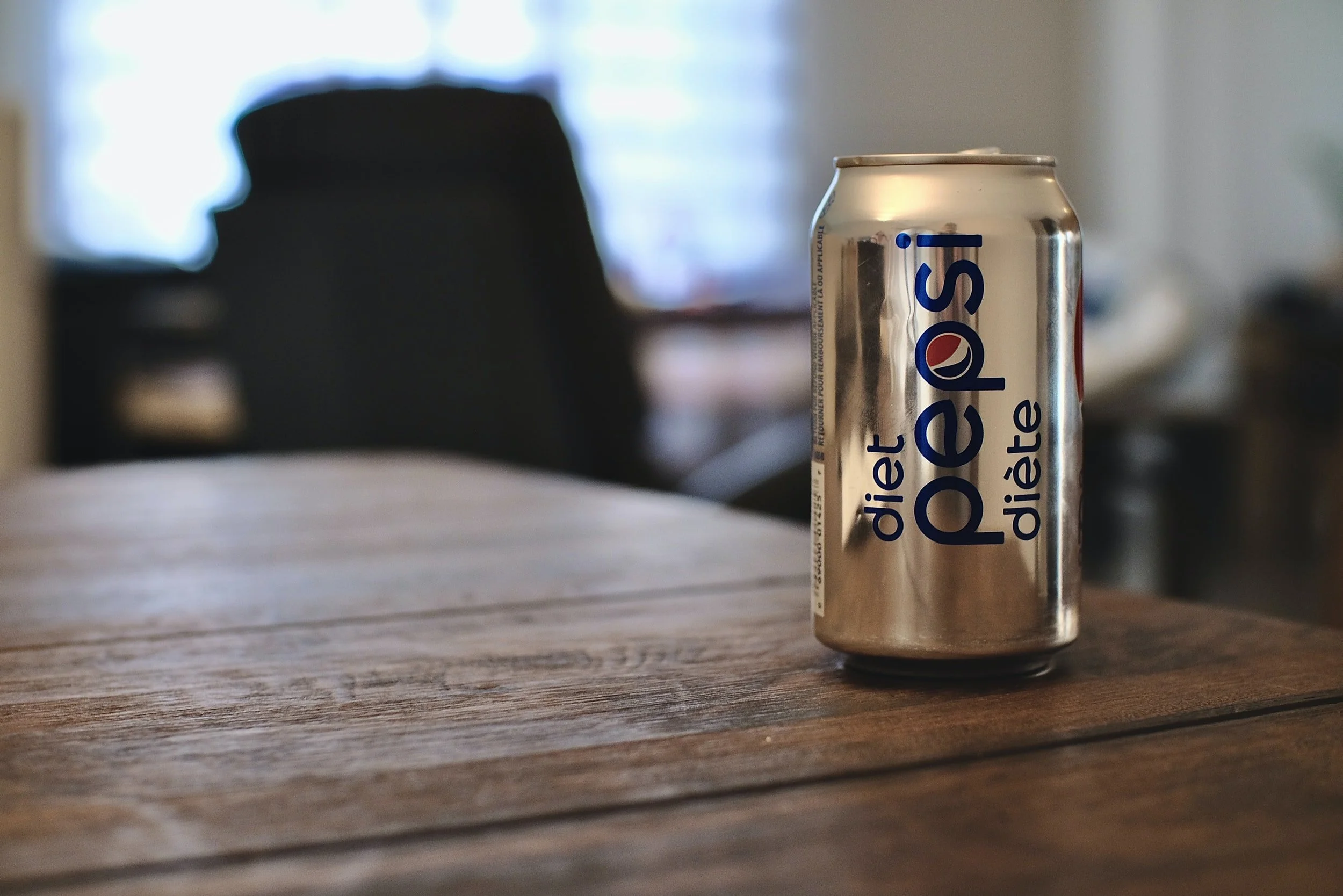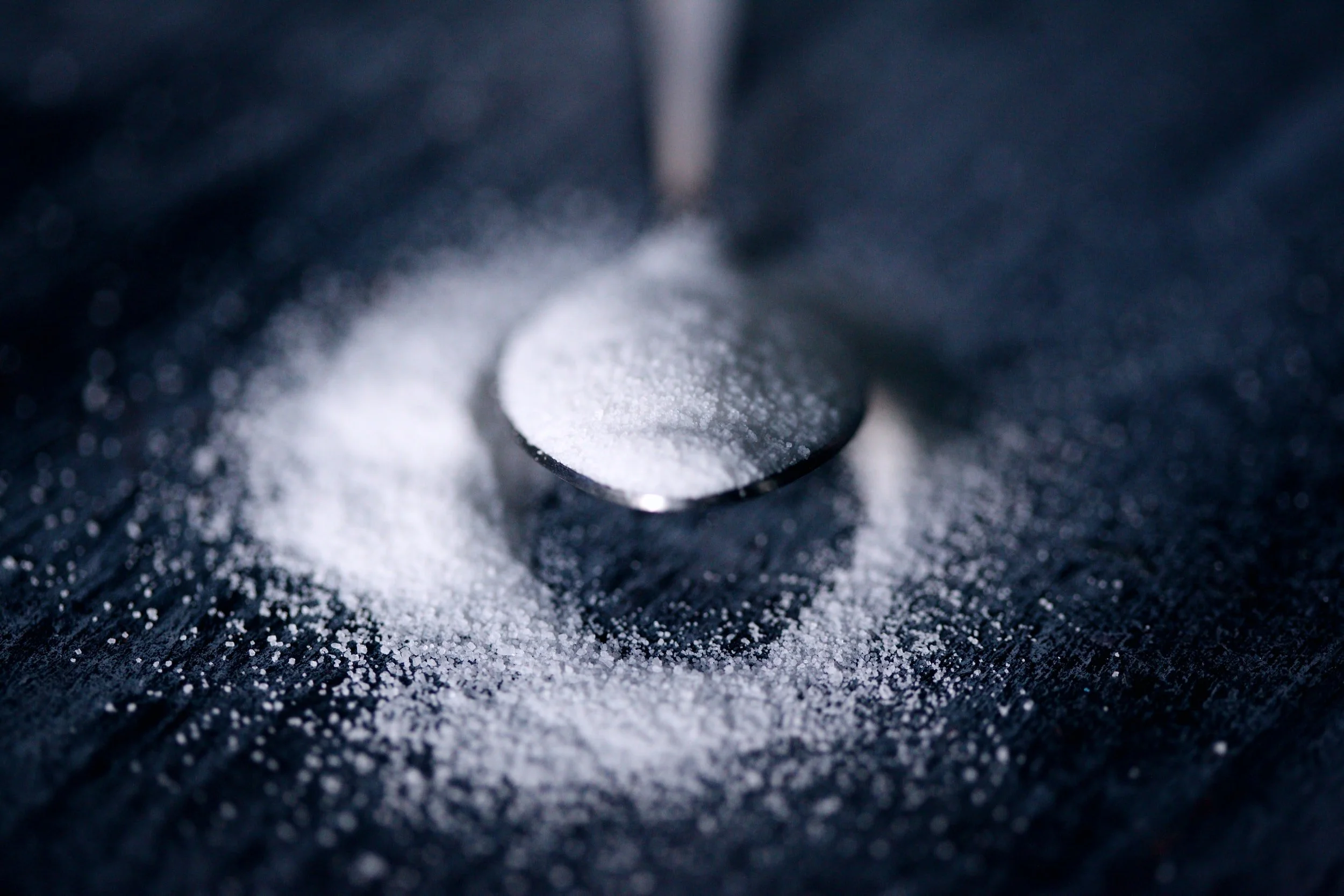Can artificial sweeteners actually cause weight gain and other health concerns?
With so much information out there, its difficult to sift through the facts vs fiction. One day you read an article that claims artificial sweeteners can ‘trick’ the body into gaining weight, and the next you’re reading about how anything with zero calories can’t result in weight gain.
In amongst the noise, there are various claims that artificial sweeteners can lead to cancer, diabetes and depression.
How do we know what the truth is any more?
I get it. Back when I was a short-sighted “clean eater”, I would avoid foods that came out of boxes or cans.
Basically anything that didn’t come out of the ground or straight off an animal, I wouldn’t eat, in fear that it was “dangerous” or “unhealthy”.
Well as a wiser and older masters athlete, not to mention, a certified nutrition coach, I now realise the truth lies somewhere in between the two polars.
While I always encourage my athletes to eat whole foods as their main source of nutrients, enjoying processed foods, whether natural or manufactured is also totally healthy!
So if some of the research around the topic of artificial sweeteners has always confused you then in this blog, I am going to cover some of the reviews and publications surrounding the topic.
What are non-nutritive sweeteners?
Non-nutritive sweeteners (NNS) refer to non caloric sweeteners that can either be artificially manufactured or natural. Some of the artificially manufactured sweeteners popular in the US include acesulfame-K, aspartame, neotame, saccharin, sucralose and advantame).
For the sake of simplicity I will use the terms artificial sweetener (AS) and non-nutritive sweeteners (NNS) interchangeably.
Why are sweeteners everywhere?
The popularity of NNS has increased over the last few decades as a strategy to help tackle the obesity epidemic, but as the sales have increased, its left many wondering whether artificial sweeteners are in fact a safer option.
If you’re wondering whether artificial sweeteners are hazardous to our health or cause weight gain, then dear reader, read on because we are going to look at some of the common concerns.
#1. Does NNS cause weight gain?
There have been various publications claiming that artificial sweeteners can actually cause weight gain, even though it was produced to counter obesity.
The argument that although NNS do not contain any calories can eventually cause weight gain is backed by the theory that when we consume zero calories, our bodies eventually compensate by adjusting for an increased calorie intake at subsequent opportunities.
It also argued that like Pavlov’s theory, humans have a learned response to food intake and flavour, so when we consume something sweet our bodies think we are intaking energy, therefore it affects our bodies physiologically leading to weight gain.
Sounds logical right?
Here’s the thing, energy cannot be created out of thin air. In fact energy cannot be created at all, nor can it be destroyed. It can only move from one source to another. So those calories (in other words the energy you consume) has to come from somewhere.
Now in response to our bodies over compensating for energy intake after drinking a zero calorie drink, in a meta analysis that looked at 372 studies, here’s what the authors found.
After giving subjects food or drinks that contained NNS, food or drinks that contained sugar, and food or drinks that did not contain either NNS or sugar, they found that 39 studies did not experience increase food intake. 10 of those studies increased food intake, and 11 experienced decreased food intake. [2]
So as you can see, the results are a mixture of positive and negative correlation. Certainly not enough to claim an overall positive association with the consumption of NNS to weight gain.
#2 Does NNS cause diabetes?
If you read my blogs, you would have read one I wrote a while ago about how our gut health can shape our overall energy balance. Meaning that an unhealthy gut could lead to excessive weight gain.
In one study, researchers found that NNS affects the gut microbiota composition, which can affect energy expenditure. This particular research also found that NNS can increase insulin resistance which is associated with diabetes.
In a review published in 2014, the authors found that there was an increased risk of diabetes when consuming 330 ml/day of artificially sweetened soft drinks; however, “substantial heterogeneity was described among the cohort studies.”
Another review published in 2016 found that there was an association with Type 2 diabetes in artificial sweetener consumption, but admitted that their findings were biased.
#3 Does NNS cause cancer?
The theory that anything artificially manufactured or processed can cause cancer has been around for decades. While there may be some truth to this, such as the correlation between processed food consumption and cancer, it’s important to separate the evidence and facts around each study.
Here are some more stats.
Out of the 41 studies found in the meta-analysis on the effect of NNS on cancer, they found that the results were somewhat controversial.
11 studies described a positive association between AS/NNS intake and bladder or urinary tract cancer risk, while 20 reported no association.
Overall however, the researchers found that in healthy adults, sucralose was well-tolerated and did not increase risk of cancer.
In the same study, researchers concluded that “sucralose does not demonstrate carcinogenic activity even when exposure levels are several orders of magnitude greater than the range of anticipated daily ingestion levels.”
The conclusion?
You guessed it! Everything in moderation my friend.
There is no need to avoid anything or over consume anything. I can assure you, you won’t drop dead from drinking a can of diet cola every once and a while.
It is clear that more intervention studies are required on the effects of NNS alone on both overweight and normal weight subjects.
A positive association between NNS consumption and weight gain could be the consequence of and not the reason for overweight and obesity due to the subjects that were being used for the research.
Other factors such as culture or population characteristics my also influence the results of any obeservational studies.
Everything in moderation never hurt anyone.
So which side of the fence are you on? Are you a diet cola drinker or an avoider?
Comment below, I’d love to hear your thoughts.
Liauchonak, I.; Qorri, B.; Dawoud, F.; Riat, Y.; Szewczuk, M.R. Non-Nutritive Sweeteners and Their Implications on the Development of Metabolic Syndrome. Nutrients 2019, 11, 644. https://doi.org/10.3390/nu11030644
Berry C, Brusick D, Cohen SM, Hardisty JF, Grotz VL, Williams GM. Sucralose Non-Carcinogenicity: A Review of the Scientific and Regulatory Rationale. Nutr Cancer. 2016 Nov-Dec;68(8):1247-1261. doi: 10.1080/01635581.2016.1224366. Epub 2016 Sep 21. PMID: 27652616; PMCID: PMC5152540.
Lohner, S., Toews, I. & Meerpohl, J.J. Health outcomes of non-nutritive sweeteners: analysis of the research landscape. Nutr J 16, 55 (2017). https://doi.org/10.1186/s12937-017-0278-x




